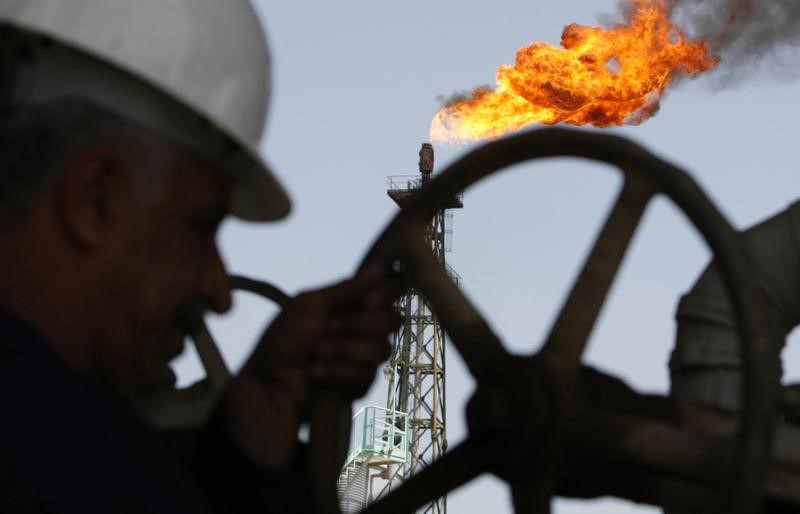Investing.com– Oil prices slipped lower Friday, but were on course for a fourth consecutive week of gains, driven by relatively upbeat Chinese economic data as well as heightened expectations for oil supply disruptions after US sanctions on the Russian crude trade.
At 08:20 ET (13:20 GMT), Brent Oil Futures were 0.6% lower at $80.84 a barrel, and Crude Oil WTI Futures expiring in March fell 0.4% to $77.52 a barrel.
Both contracts are on course for gains of around 2% this week, and are over 10% higher over the course of the last month.
Strong Chinese data spurs optimism for increased demand
The Chinese economy grew more than expected in the fourth quarter of 2024, bringing the annual gross domestic product (GDP) to 5%, which was in line with Beijing’s 5% growth target, data showed on Friday.
Other data showed that industrial production grew more than expected in December as recent stimulus measures from Beijing continued to support business activity.
December retail sales were also stronger-than-expected and accelerated sharply from the rise seen in the prior month.
The outlook for oil demand hinges on the hope that China, the world's largest oil importer, can revive its economy, especially as there are concerns about a potential oversupply due to expected increases in production from non-OPEC countries.
Houthi to halt attacks in the Red Sea?
In the geopolitical arena, maritime security officials anticipate Yemen's Houthi militia to cease attacks on vessels in the Red Sea following a ceasefire agreement between Israel and Hamas.
Since November 2023, the Houthis have conducted over 100 attacks on ships, leading to significant disruptions in global shipping and increased insurance costs.
The expected halt in hostilities could restore confidence in these critical maritime routes, potentially stabilizing shipping operations and influencing crude oil supply chains.
US sanctions on Russian oil provide support
The oil market has received support from the decision by the US to impose new sanctions targeting Russian oil exports. The International Energy Agency noted that these sanctions could disrupt Russia's oil supply chains, potentially tightening the global oil market.
The sanctions focus on entities responsible for over a third of Russian and Iranian crude exports in 2024, aiming to limit their ability to transport and sell oil. This development has raised concerns about potential supply shortages, contributing to the upward pressure on oil prices.
Oil prices had hit multi-month peaks earlier this week after the announcement was made, in anticipation of tightened supply.
Bloomberg reported that Saudi Aramco (TADAWUL:2222) has received requests from Chinese and Indian buyers for as much as 750,000 barrels per day of additional oil. And clearly, the Saudis would not be the only suppliers these buyers would have approached.
"There are reports that the incoming Trump administration is looking at how to approach the recent sanctions placed against Russia and how they could be used as a tool to try to push Russia and Ukraine towards a peace deal," said analysts at ING, in a note.
"There are also suggestions that the incoming administration will take an aggressive approach towards Iran and Venezuela. The market should get more clarity following the inauguration next week."
(Ayushman Ojha contributed to this article.)
